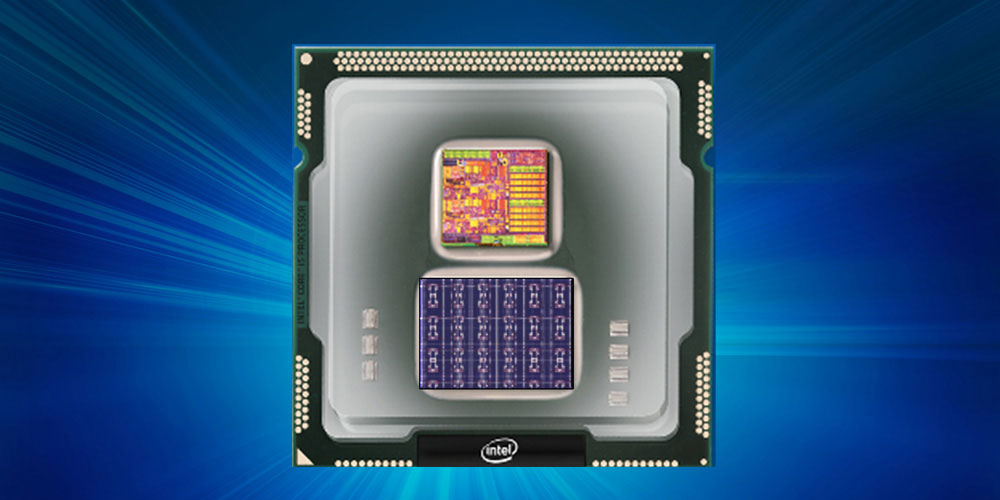Say hello to Intel’s Loihi, a self-learning chip that mimics the human brain
This first-of-a-kind chip could be a big boost for artificial intelligence.

Big things are happening in computing from all angles. Hot on the heels of Microsoft announcing a programming language for quantum computing, Intel today introduced a first-of-a-kind self-learning chip that mimic how the human brain works.
According to Intel, Loihi is an extremely energy-efficient chip that uses data to learn and make inferences. It gets smarter over time and doesn't need to be trained.
It takes a novel approach to computing via asynchronous spiking," Intel says.
Loihi learns to operate based on various modes of feedback it receives from the environment. It is based on the concept of neuromorophic computing, which itself is derived from scientists' understanding of how the brain works.
"The brain’s neural networks relay information with pulses or spikes, modulate the synaptic strengths or weight of the interconnections based on timing of these spikes, and store these changes locally at the interconnections. Intelligent behaviors emerge from the cooperative and competitive interactions between multiple regions within the brain’s neural networks and its environment," Intel explains.
Inside Loihi are digital circuits that mimic the brain's basic mechanics. According to Intel, this makes machine learning faster and more efficient, while requiring less compute power. Combined with its ability to learn, Intel says Loihi paves the way for machines to be autonomous and to adapt in real-time instead of waiting for updates from the cloud.
Intel did not get into the nitty-gritty details of the design, though it did say the chip is built on a 14nm manufacturing process. It also said that Loihi features a fully asynchronous neuromorphic many core mesh, with each core having a learning engine that can be programmed. The chip also has a total of 130,000 neurons and 130 million synapses.
The biggest gaming news, reviews and hardware deals
Keep up to date with the most important stories and the best deals, as picked by the PC Gamer team.
This is not a chip that is built for gaming, though depending on the direction Intel goes, it could have some kind of impact. Depending on the game, AI can play a big role. Perhaps some of the concepts built into Loihi could be ported over to consumer chips in the future.
"As AI workloads grow more diverse and complex, they will test the limits of today’s dominant compute architectures and precipitate new disruptive approaches. Looking to the future, Intel believes that neuromorphic computing offers a way to provide exascale performance in a construct inspired by how the brain works," Intel added.
Intel is planning to share its Loihi test chip with leading universities and research facilities in the first half of 2018, with a focus on advancing AI.
Paul has been playing PC games and raking his knuckles on computer hardware since the Commodore 64. He does not have any tattoos, but thinks it would be cool to get one that reads LOAD"*",8,1. In his off time, he rides motorcycles and wrestles alligators (only one of those is true).


